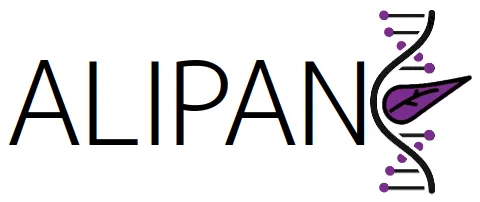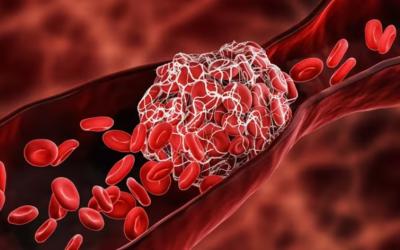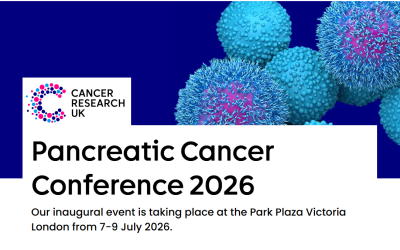- A study led by ALIPANC scientists from the Hospital del Mar Research Institute, IIBB-CSIC-IDIBAPS, in collaboration with researchers from the Mayo Clinic, IBYME (CONICET) and CaixaResearch Institute demonstrates the role of Galectin-1 protein in the nucleus of the cells surrounding the tumor, the fibroblasts, contributing to their activation.
- Activated fibroblasts favor tumor growth and dissemination, while conferring resistance to treatment. This fact could be one of the factors that explain the high aggressiveness of pancreatic cancer, with a five-year survival rate of only 10%.
- The conclusions of the study open the door to new therapeutic strategies to combat this type of cancer, focusing on the possibility of inhibiting this protein inside the cells that surround and protect the tumor.
One of the factors contributing to the aggressiveness of pancreatic cancer is its tumor microenvironment, known as stroma, which represents the bulk of the tumor and is made up of a network of proteins and different non-tumor cells. Among these, fibroblasts play a key role, as they help tumor cells to grow and increase their resistance to drugs. This study published in the journal PNAS has identified a new determinant factor affecting this characteristic of pancreatic cancer, a previously unknown function of the Galectin-1 protein within the nucleus of fibroblasts, where it plays a key role in controlling gene expression through epigenetic control. The next steps of the research will be to explore therapeutic combinations to inhibit Galectin-1 both extracellularly and intracellularly. In fact, this protein is also involved in key tumor processes such as blood vessel formation and resistance to immunotherapy. Therefore, this strategy becomes particularly important in view of the multiple antitumor capacity of the inhibition of this protein.
Link to article: https://www.pnas.org/doi/10.1073/pnas.2424051122
Link to the group: https://alipanc.org/grupo/dianas-moleculares-del-cancer/



